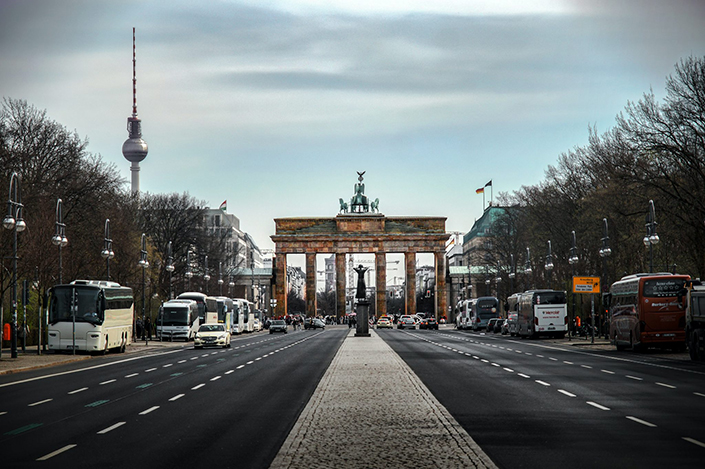Why is Germany better than other nations at managing pandemic?

The novel coronavirus quickly became a pandemic in 2020. Controlling the outbreak requires a coordinated international response, according to the CDC. Yet responses to the virus continue to vary across the world and countries appear to have different success rates in limiting the damage and inevitable deaths. Why were some countries better prepared for the global pandemic than others? What is the key to being prepared for such a crisis?
With Germany, which has fared far better during COVID-19 than its other Western counterparts, the key lies in crisis preparedness and an orientation toward following rules, according to David A. Brenner, professor in the Department of International Studies at Texas A&M University.
Brenner, an expert in German and European studies, said Germany has been a leader in containing the virus among its European neighbors.
“The Federal Republic of Germany has been so effective at containing the COVID-19 virus in spite of its large population — 83 million — and its federalized state structure, or ‘states’ rights’ German style,” he said. “This is in large part due to three factors: political culture, collectivism, and a sensitivity to questions of medical ethics.”
The political leaders and culture of Germany play a large role in the country’s overall preparedness for epidemics. “They wanted to be prepared for a crisis because of their history,” Brenner said. “It goes back to the last century, when the current Federal Republic of Germany was established after World War II.”
That war, which ended only 75 years ago, continues to influence German society in a number of ways. In particular, the aftermath of social disaster has made the Federal Republic and its citizens risk averse. “Caution is very important in post-WW2 German culture and they want to be able to adequately handle a crisis,” Brenner said. “That pragmatic and realistic worldview makes them more prepared for disaster.”
Germany’s collectivistic political culture also results in a greater trust in the government to act responsively to disasters, a trust not seen in the United States.
The chancellor of Germany, Angela Merkel, has an 80 percent approval rating, compared to roughly 49 percent approval for President Trump, according to recent polls. She is seen as a leader with a calm demeanor who is highly credible, not least due to her expertise from her Ph.D. in quantum chemistry. This effectively allows citizens of the Federal Republic to trust that the government — and virologists such as Christian Drosten (the German equivalent of “Dr. Fauci” at present) — will make transparent decisions and communicate them honestly in times of crisis.
There is also a sense of solidarity in Germany that contributed to getting a better handle on a global pandemic, Brenner said. In fact, Merkel, in her major televised speech of March 18th, urged citizens to have a “spirit of solidarity” and “social togetherness.”
“More so than in the U.S., there is a feeling of ‘we as a society are responsible for each other,’” Brenner said. “There is a greater sense of obligation to fellow citizens, whom they see as entitled to certain benefits from the government.”
The odds were stacked against an effective response by Germany. With a population of about 83 million people and a federal government that grants states a lot of power and authority to make decisions, there were fears that Germany’s response might be disorganized. But collectivism helps.
“The Germans were able to test people for COVID-19 early and broadly,” Brenner said. “There was a willingness of the citizens to contribute, even by permitting contact tracing of people who came in contact with the disease, despite considerable concern about privacy.”
Similarly, Brenner said a sensitivity to medical ethics, resulting from Germany’s recent history, has played a large (if less explicit) part in the culture’s desire to be prepared, specifically concerning public health capacity and issues of end-of-life care.
This mindset is seen in the country’s healthcare structures. Germany has the largest capacity for intensive care in Europe — intensive care that has not yet reached its full capacity with the number of patients per number of hospital beds and ventilators available.
“There is a desire among Germans to not leave end-of-life-care decisions in the hands of medical professionals,” he said. “They don’t want healthcare personnel having to make those ethical decisions, as Nazi medical personnel chose to do in the late 1930s and early 1940s.”

